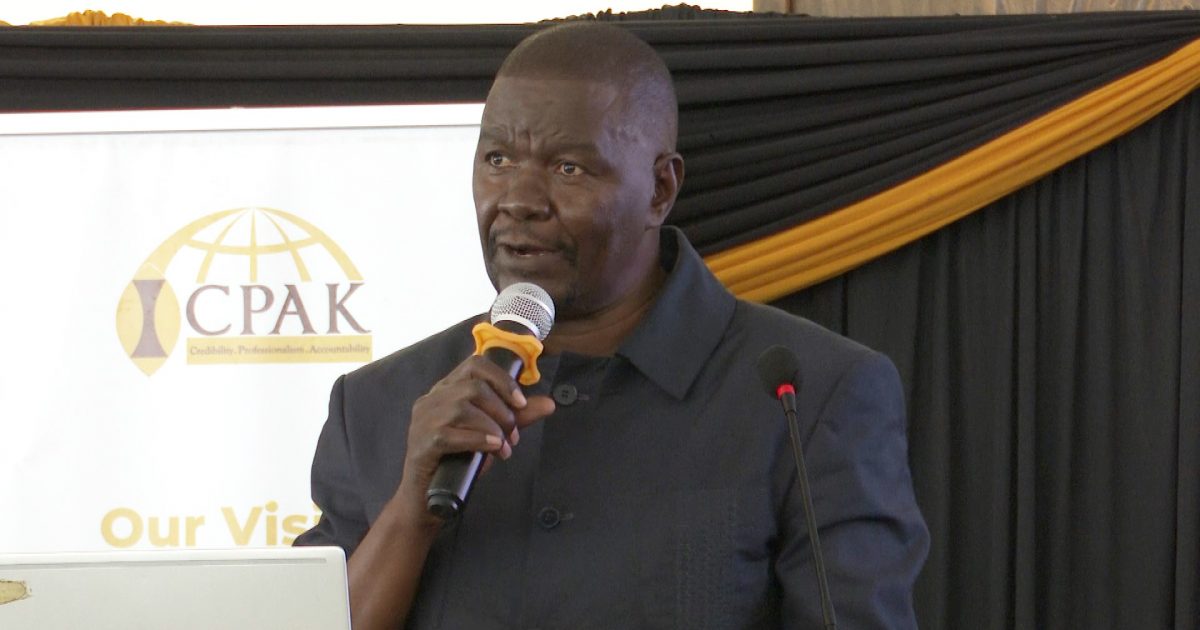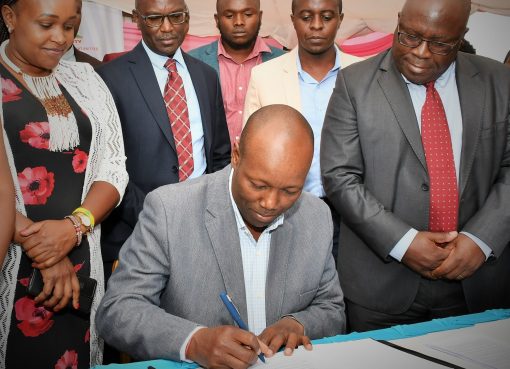The Kenya Revenue Authority KRA Director General (DG) Humphrey Wattanga says the agency is banking on the ongoing tax policy reforms to beat its Sh. 3 trillion revenue target in the 2023/24 financial year.
This financial year, he said the revenue collector targets to collect an additional 2.76 trillion to surpass the Sh3 trillion target set by the government to fund its development agenda.
The DG in a speech delivered by KRA Deputy Commissioner in charge of corporate Policy Morris Orei, said the agency is committed to supporting economic growth through effective revenue mobilization.
“KRA targets to collect 2.768 trillion by the end of the financial year 2023/24 and surpass the 3 trillion mark that is set for 2023/24 and sustain the country’s economy,” said Wattanga.
With the targets, this means that Kenyans will continue to dig deeper into their pockets to raise the revenue that is required to fund the government development agenda. This will be worsened by government plans to minimize external borrowing.
Wattanga hinted that the government targets to minimize external borrowing and instead depends on investments and internal revenue generation to fund its development.
He said the agency is banking on the implementation of national tax policy and medium tax policies to generate income for the government to fund the development agenda.
The DG told the 11th annual tax convention convened by the Institute of Certified Public Accountants of Kenya (ICPAK) in Mombasa, the agency is tightening the belt to ensure more Kenyans are brought into the tax base so as to meet its revenue targets.
“Taxpayers who are not presently paying taxes will be brought in the tax bracket because we have targets to meet,” said Wattanga adding that more tax agents have been recruited to ensure effective tax collections.
This is as concerns continue to emerge whether the recruitment of new tax support staff is within the law. Already KRA has deployed tax agents in a quest to collect more taxes.
“Kenya revenue has administrative structures, so the cadre of support staff is there, and the recruitment is within the law, so we have the capacity to meet the targets, it’s not out of normal to increase support staff,” he added, saying that the officials have already been deployed.
He said the agency is also banking on technology innovation to facilitate tax compliance and make effective use in the quest to ensure every Kenyan is captured in the tax bracket.
But while responding to questions during the panel, Orei defended the government targets on revenue terming them realistic. The government is in the process of achieving the development pledges it made to Kenyans during the campaign period.
“We are not under any political pressure, these targets are made based on expected government expenditures, therefore they are realistic, and are achievable,” said Orei.
Orei said KRA is working on the implementation of the tax legal framework, asking accountants to support the agency in its endeavour to collect more taxes from internal generation.
“The government source of revenue is from three avenues, one is internal revenue generation, external borrowing and government investments, therefore if we are able to collect money from local generations, to fund development, then the government does not need to borrow,” said Orei
The theme of the conference bringing together treasury representatives and the Institute of Certified Public Accountants is “Taxation for Economic Transformation and Sustainable Development.
The conference seeks to look for options on how to create tax opportunities and expand the tax base for the Kenya Revenue Authority generating money for the government that can fund development projects.
By Sadik Hassan





